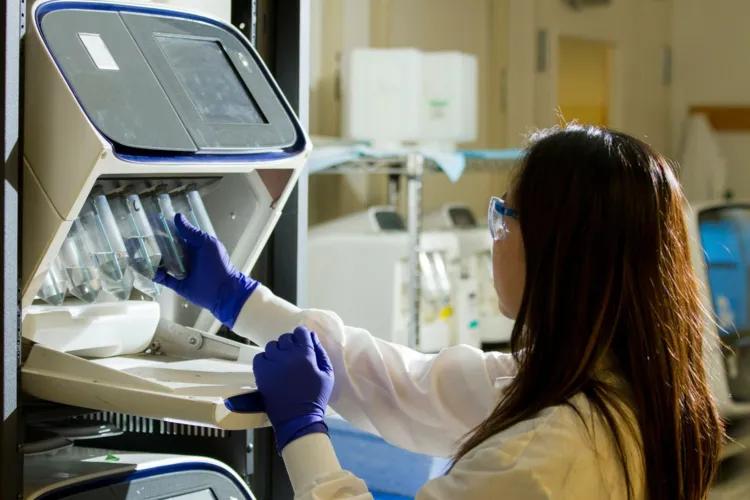In 2023, Malaysia’s halal exports hit RM54 billion, proving the industry’s strong role in the national economy. The country isn’t just participating in the halal economy—it’s leading it. This success is part of broader Malaysia Halal Industry Development efforts aimed at expanding both domestic capabilities and global influence. As more countries and consumers seek halal products, Malaysia is well-positioned to meet that demand. Let’s take a closer look!
A Global Market Worth Trillions
Globally, the halal industry is more than just food. It includes cosmetics, pharmaceuticals, logistics, tourism, and finance. By 2030, this market is expected to reach US$5 trillion. For Malaysia, that’s a massive opportunity.

Read Also: Is Malaysia Halal Industry Market Research a Billion-Dollar Market?
Locally, the halal sector is on track to grow to US$113.2 billion (RM534 billion) by 2030. And by 2025, it’s projected to contribute 8.1% to the national GDP. These numbers show why the halal economy is not just a niche—it’s a national growth engine.
Malaysia Halal Industry Development: Support for Small Businesses
The growth of Malaysia’s halal sector isn’t happening by accident. It’s the result of strong public support. A key initiative is the Jelajah Halal Malaysia (JHM) programme. Launched in 2022, it has already helped over 1,800 micro, small, and medium enterprises (MSMEs) tap into both domestic and export halal markets. This programme is not only about business support—it’s about preparing local entrepreneurs to compete globally. It gives them access to halal standards, market training, and connections to supply chains. In short, it opens doors.
In Pahang, for example, 158 companies had received halal certification by July 2024. This local progress reflects the national push to make halal standards more accessible for businesses across all states.
Leading in Certification and Standards
Malaysia is known worldwide for its strong halal certification system. That’s one reason global buyers trust Malaysian products. With agencies like the Halal Development Corporation (HDC) leading the way, the country continues to build on its reputation.
HDC’s support goes beyond paperwork. It helps entrepreneurs get products into major retail chains, offering real-world pathways to growth. So far, 15 entrepreneurs have successfully placed their halal-certified goods in major outlets, showing how strategic support can lead to real success.
Malaysia Halal Industry Development See Opportunities in Innovation and Export
As the halal market grows, so does the need for new products, better technology, and more efficient supply chains. Malaysia’s halal industry has room to expand beyond traditional food and beverage offerings. There’s rising demand for halal cosmetics, health supplements, and pharmaceuticals—all areas where Malaysia can lead. In addition, halal logistics and digital platforms are emerging fields for investment and development.
Export potential is also expanding. With strong ties to markets in the Middle East, Europe, and Southeast Asia, Malaysia has the network and trust to grow its global halal footprint.
Read Also: Malaysia Investment Market Outlook: What’s Hot in 2025?
The Road Ahead: Malaysia Halal Industry Development
Malaysia Halal Industry Development is on the right path. With the right mix of policy support, business innovation, and market access, the industry is set to grow even stronger. By empowering MSMEs, streamlining certification, and focusing on global trends, Malaysia is not only securing its place in the halal economy—it’s shaping it.







